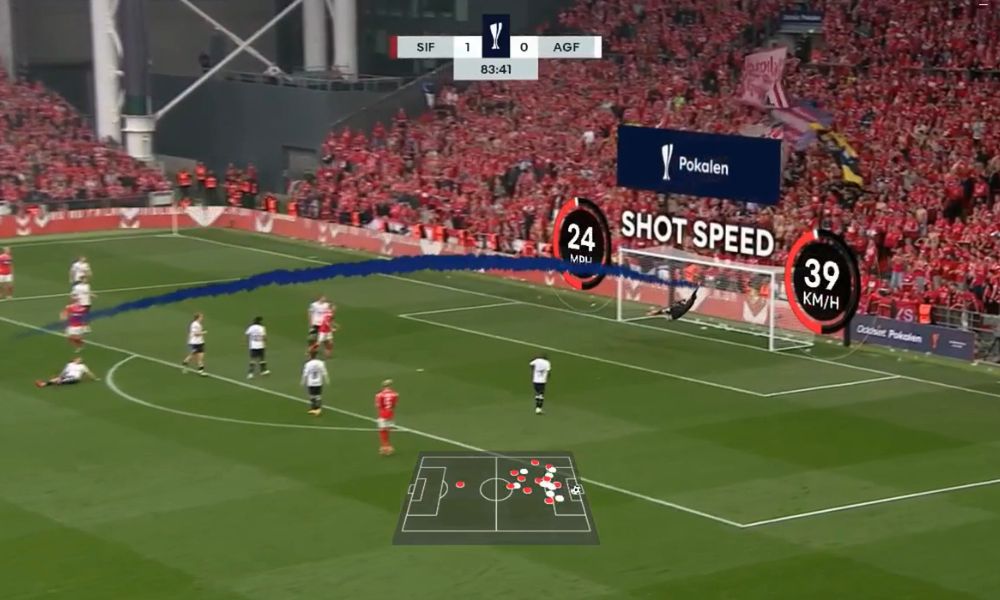Digital watchdogs known as 검증업체 websites assess and confirm the legitimacy of user involvement and sports analysis platforms. For all users engaged in the digital realm of sports results and user predictions, they want to offer openness and a safer environment. By adding modern sports analytic tools, these sites may scrutinise performance data, algorithmic habits, and statistical patterns to establish the reliability of services giving results based on sports events. This openness is essential given the increasing scepticism about the accuracy of data in the digital sphere of user predictions and sports results.
Advanced sports analysis is an approach based on data that evaluates the reliability of platforms using predictive analytics and machine learning. This technique lowers the likelihood of manipulative approaches and boosts user confidence by seeing discrepancies, flagging suspicious activity, and forecasting trends that might not match true statistical behaviour. Richer datasets are useful for 검증사이트 websites because they offer a historical foundation for evaluating performance metrics including player form, injury reports, and win-loss ratios. This level of analysis raises the bar for operational openness and strengthens the credibility of verification services.
Among the many benefits of advanced analytics is anomaly detection, which assists in identifying dishonest platforms before they have a chance to impact a greater number of users. These algorithms can spot nuances that conventional inspection techniques would miss since they were trained on big datasets. Advanced analytics and blockchain technology work together to provide an unchangeable record for data entry that is impenetrable to tampering and enables consumers to follow the audit trail of every company they are reviewing. This historical openness guarantees data authenticity and accuracy while fostering confidence in the verification process. Based on historical accuracy and predicted precision, artificial intelligence additionally serves to model situations and forecast behavioural consequences. As a result, verification systems are able to predict whether a service will continue to provide correct analysis or will depart from its historical patterns.







